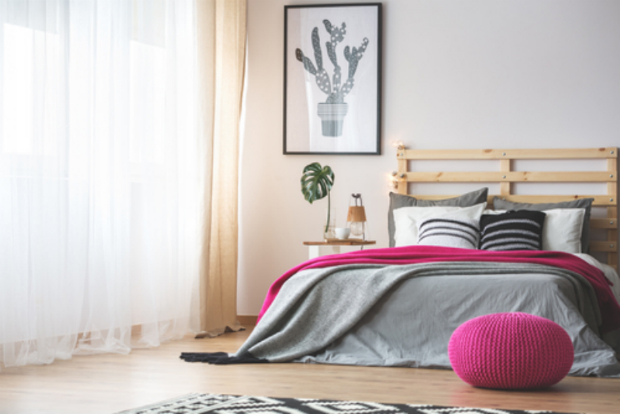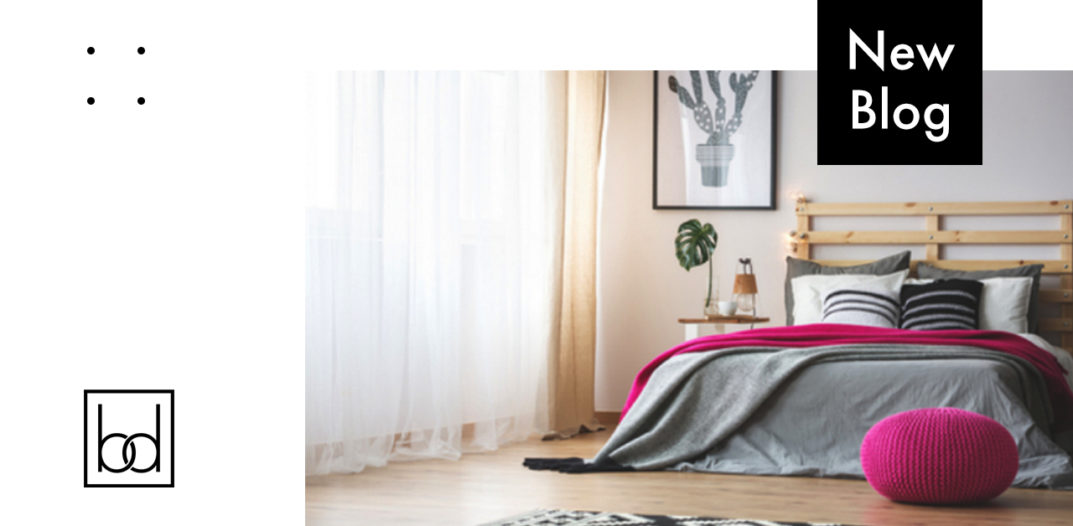
Have you been feeling stressed out lately? You’re not alone. The majority of Americans report feeling more stress over the last few months than usual, even if they have not been personally touched by Coronavirus. Even if you are not a healthcare worker or other essential worker, chances are good you are navigating a new version of work-life balance, and possibly facing another semester of home schooling as well. So what can you do to lower the stress in your home and create a more calm environment for yourself and your family? Luckily there are several small things you can do that can make a big difference in the way everyone feels. Here are some tips for turning your home into a (nearly) stress-free environment that will help you maintain your sanity during this current storm.
Cut Back on the Information Overload
Of course you want to stay informed, especially during this time of multiple national and international crises. However, there’s definitely such a thing as too much information, especially if you find yourself lingering on the 24 hour news channels or endlessly scrolling through Facebook and Twitter. When you are already on edge with worries about yourself, your family, your job and your way of life, hearing additional disturbing news from around the world can further drain your emotional resources. One of the smartest things you can do for yourself is to limit your news and social media consumption. Try setting aside just two brief periods each day, in the morning and in the evening for example, to devote to a quick catch up on the days new information. Ten minutes at each time is enough to leave you fully informed without overloading your mind with worry.
Declutter
Clearing out the clutter in your home helps your stress levels in several ways. The process itself can give you a feeling of control over one aspect of your life, at a time when many other things seem out of control. At the same time, once more of your space is organized, your home becomes more functional and easy to clean. This is especially important now that everyone is spending more time at home, and with our increased concerns about germs.
Many experts recommend the “four-box method” as the best way to tackle a decluttering project. So, grab four boxes or bins, then label and fill them as follows:
Put-Away: This box is for any items that you want to keep, but need to store in a more appropriate location. Once you are finished, you will walk this box around your home and stow everything in its proper location.
Donate or Sell: Most of us are guilty of holding onto items we will never use again, simply because they are still functional and/or attractive. However, if you know you are not going to use the item, there’s no reason to keep it locked away where it cannot be enjoyed by someone else. Donate anything that’s not worth the effort it takes to sell, and be honest with yourself. If you know you are unlikely to get around to listing a lot of things on eBay, go ahead and donate them rather than allowing them to continue gathering dust.
Store: Anything leftover from a prior season or holiday needs to be stored away out of site. Label containers appropriately so that all Easter and spring items, for example, are in one box, and then stow them away out of sight.
Pitch: Any item that is too worn to be useful or that is broken should be tossed in the trash. Stop holding onto the idea that you will one day take up sewing or furniture reupholstery, and clear these items from your home.
The key to this process is to not overthink your decisions. Go with your gut then move on to the next item.
Recreate Your Environment
You’ve turned off the news and hidden your phone out of reach. Now that you are removing some of the negative forces in your home, its time to fill it with something more positive. Here are some great ways to enhance the environment in your home:
- Music. Music has a remarkable effect on our emotions. According to scientists, certain sounds can even change your brainwaves for the better. Some of our suggestions for ambient background music include nature sounds, Native American music, Celtic tunes, drums and flutes. Just keep in mind that upbeat tempos can help you feel energetic, while slower tempos can help you relax.
- Aromatherapy. If you’re looking for additional ways to make your home more relaxing, then now is a great time to break out whatever aromatherapy products you have on hand and experiment. Lavender, sweet orange and frankincense are some of the most highly recommended scents for relaxation, but play around with whatever is most appealing to you.
- Lighting. Lighting can dramatically affect your sleep, your ability to think clearly and your mood in ways you may not realize. Bright lights over your dining room table might be perfectly fine while you’re having dinner, but terrible as a midday workspace. Similarly, poor lighting in a guest bedroom may not be much of a concern when you rarely have guests, but it can be a huge issue if you are now using that same room as a makeshift office. Try purchasing some bulbs that are designed to mimic natural light, and as much as possible, open your drapes and blinds to allow in natural light throughout the day.
You’ll be amazed at how just a few small changes like the ones outlined above can make a major difference in the amount of stress you feel while you are in your home.

